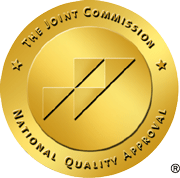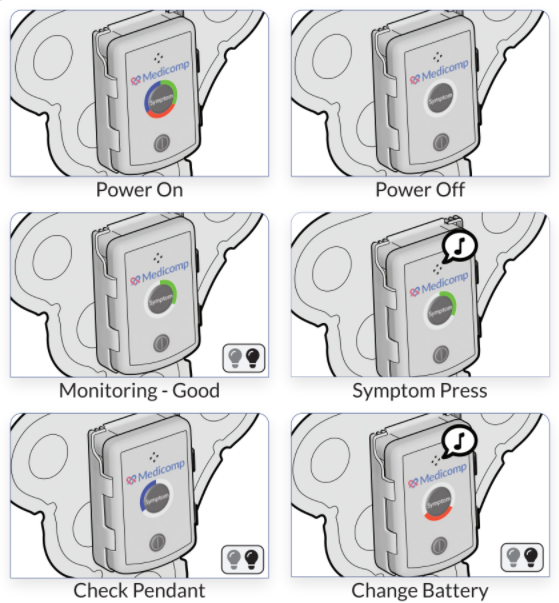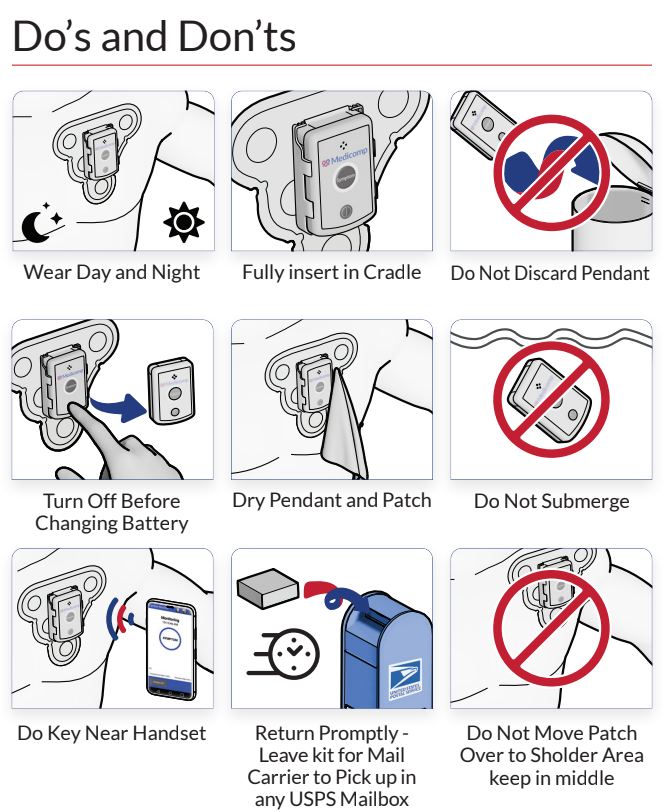Heart disease is a terrifying killer, responsible for the deaths of more men and women annually than all forms of cancer combined. It can occur without warning, and even if a patient survives a heart attack it only increases the chances of it happening again. Scientists at the Scripps Research Institute in Canada have found a way to determine one’s chances of suffering a heart attack from nothing more than a simple blood test. Before, there was no approved blood test that could be used to accurately predict an individual’s risk of heart attack, but this new discovery has, so far, been successful in differentiating recovering patients of heart attacks and those who have never suffered a heart attack.
In simple terms, the test performs a fluid biopsy to identify the presence of endothelial cells in the bloodstream. Endothelial cells originate from the walls of arteries, and their presence in the bloodstream has been associated with ongoing heart attacks. Scientists believe that these cells enter the bloodstream when plaque builds up in the arteries, causing the walls of the arteries to rupture. The inflammation that follows increases the chance of blood clots, or blocks in the flow of the bloodstream. The procedure is referred to as the High-Definition Circulating Endothelial Cell (HD-CEC) assay, and scientists were able to identify the endothelial cells in patients who had already suffered heart attacks. When compared to patients who had never suffered a heart attack, the scientists were able to easily distinguish the patients of both groups.
Patients who had suffered a heart attack had higher concentrations of endothelial cells circulating in their blood than those who had not. The HD-CEC test even proved to be more accurate than the current standard in finding tumor cells, the CellSearch test. In theory, those who have not suffered a heart attack, but are at a higher risk will have higher levels of endothelial cells in their bloodstream, and scientists believe that the test is ready for regular patient testing.
To learn more about advances in cardiac monitoring and technology, contact us or visit ReactDxInc.com today.



